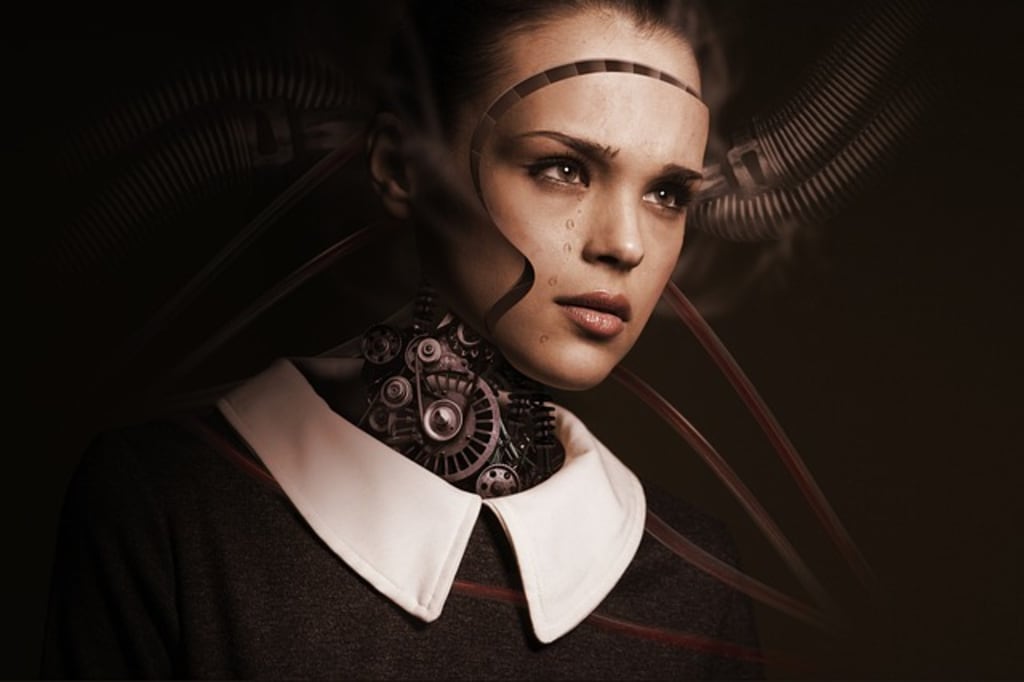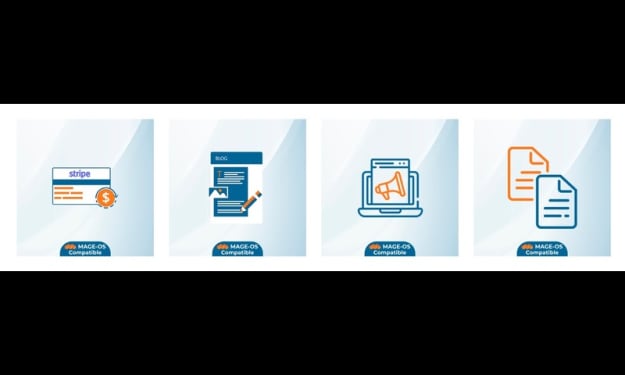Debunking Common AI Myths
AI ruling the world? We have ways to go before that happens.

If not for sci-fi movies A.I Artificial Intelligence, Bicentennial Man, and I, Robot, no one would have entertained bizarre thoughts of man-made machines taking over the human race.
While today's technology has certainly reached impressive heights, scientists and engineers have yet to make a revolutionary AI—one that's capable of independent thinking and intelligent enough to incite rebellion and rule the world. As it stands, human intelligence still reigns supreme.
Contrary to what we see on television or what sci-fi books feed into our imagination, current AI still has a long way to go. The AI thriving in society these days is the kind that requires a human operator. But conspiracy theorists and fiction writers have a different opinion, of course.
Misperceptions About AI
Lest everyone lets their fancy run amok, we explore a few AI myths that are in dire need of debunking.
1. AIs can learn by themselves.
Truth: No AI is capable of independent thinking... as yet.
First, some clarification. The closest thing we have come to humanoid AIs is through a robot named Sophia. The brainchild of a robotics firm based in Hong Kong, Hanson Robotics, Sophia officially commenced her existence on February 14, 2016. This robot was hailed as an innovation champion by the United Nations Development Programme.
Technically “female,” engineers took inspiration from Audrey Hepburn to create Sophia. She's a social robot capable of displaying more than 50 facial expressions. Besides a significant amount of media mileage, Sophia participated in several high profile interviews, can answer certain questions and start conversations about topics already programmed into her system.
Sophia is essentially a software embedded into a human-like container. She has camera lens for eyes, which process visual information and send signal to her mother software. Each signal is programmed with a corresponding movement, allowing Sophia to act in accordance with the visual information she received.
2. We are in the AI age.
Truth: We have a long way to go.
There are more AIs out there. In fact, Sophia is probably an off-shoot of the AI programs that Japan started. Long before she graced the world with her contrived intelligence, Japan already had ASIMO and female android receptionists.
This sounds too jargon to process. But the key takeaway here is that our AIs at present are not yet Motoko Kusanagi levels. For one, they need activation and some degree of human intervention. Even Sophia, the smartest AI recognised by the United Nations, needs re-programming from time to time to expand the amount of information she's capable of processing.
There is no knowing how soon our AI industry will pick up its pace. But one thing is certain: researchers are putting enough time and effort to bring everyone to an AI-supported future.
3. AI is an evolved code that develops on its own.
Truth: AI is the product of IT programmers and engineers' continuous research and development efforts.
Much like your favourite game or printer cartridge drivers, AI is activated through a custom software. Each AI robot may be programmed differently from others. ASIMO, for instance, has a different programming from hotel androids. Sophia herself specialises in interviews and sharing knowledge programmed into her system.
Robot manufacturers work with top-notch programmers and engineers to software programs can be downloaded to a mechanical container and subsequently make it move or perform specific actions.
Key Takeaway
While AI developments are taking off left and right, the industry still has ways to go before an AI-powered future becomes reality. Conspiracy theory lovers and sci-fi authors tend to feed your imagination with guesswork and fiction, which people may misconstrue as fact. For your better enjoyment, you don't have to believe anything you read or hear about AI.
The AI narrative is expansive with a lot of room for growth. If you want to keep tabs with it, then do so with a grain and salt. At the end of the day, our knowledge of AI can only take us so far. The industry grows at a steady pace but we won't be seeing androids acting up as humans anytime soon.
About the Creator
David Blakey
Tech geek and blogger who enjoys writing about printer ink and toner cartridges. A busy guy with some time to spare at coffee shops and trade fairs. His favourites ink cartridge printers to date - HP Photosmart 5520 and Brother MFC-J6920DW.
Enjoyed the story? Support the Creator.
Subscribe for free to receive all their stories in your feed. You could also pledge your support or give them a one-off tip, letting them know you appreciate their work.






Comments
There are no comments for this story
Be the first to respond and start the conversation.